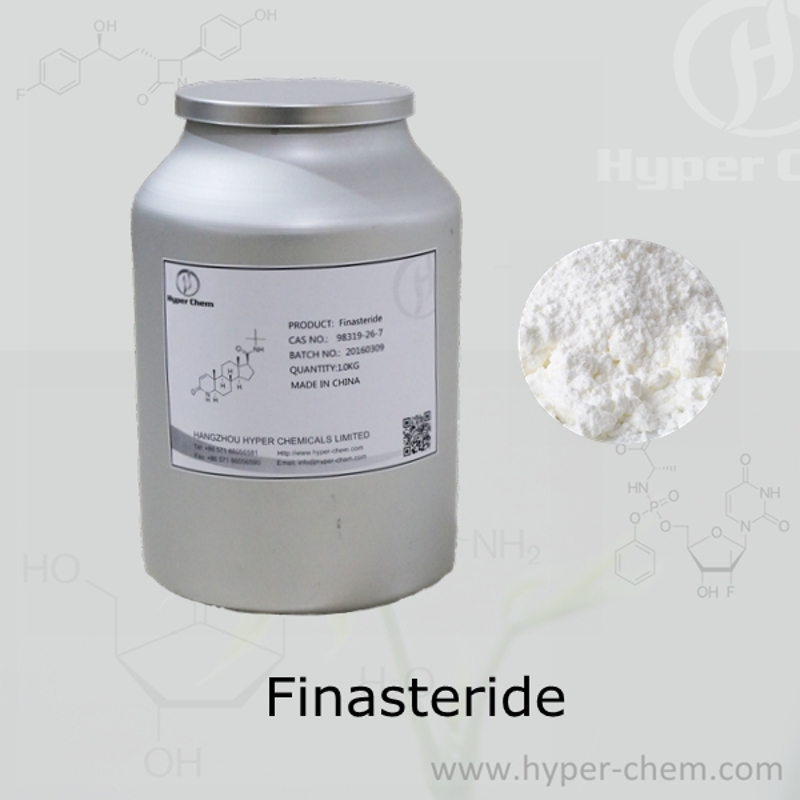-
Categories
-
Pharmaceutical Intermediates
-
Active Pharmaceutical Ingredients
-
Food Additives
- Industrial Coatings
- Agrochemicals
- Dyes and Pigments
- Surfactant
- Flavors and Fragrances
- Chemical Reagents
- Catalyst and Auxiliary
- Natural Products
- Inorganic Chemistry
-
Organic Chemistry
-
Biochemical Engineering
- Analytical Chemistry
-
Cosmetic Ingredient
- Water Treatment Chemical
-
Pharmaceutical Intermediates
Promotion
ECHEMI Mall
Wholesale
Weekly Price
Exhibition
News
-
Trade Service
The obesity paradox states that patients with higher body mass index (BMI) may have better cardiovascular outcomes
.
However, whether this is also the case for patients with coronary heart disease is unclear
.
Blood vessel
Recently, a research article was published in JAHA, an authoritative journal in the field of cardiovascular disease.
The prospective STABILITY (Stable Atherosclerotic Plaque with Dalapradib) trial included 15,828 patients with stable coronary heart disease.
Subjects on primary prevention therapy were followed for 3 to 5 years
.
Subjects' BMI was measured at baseline (n = 15,785) and the association between BMI and cardiovascular outcomes was assessed by multivariate-adjusted Cox regression analysis
.
The mean age of the subjects was 64±9 years, and 19% were female
.
There was a graded association between most risk markers ( diabetes , hypertension , inflammatory biomarkers, triglycerides) and higher BMI
.
diabetes hypertension
CONCLUSIONS: Cardiometabolic and inflammatory risk factors in patients with stable coronary heart disease gradually increased with BMI>25kg/m2
.
All-cause and cardiovascular mortality were lowest at a BMI of 25 to 35 kg/m2
.
Cardiometabolic and inflammatory risk factors in patients with stable coronary heart disease gradually increased with BMI>25kg/m2
Original source:
Claes Held.
et al.







